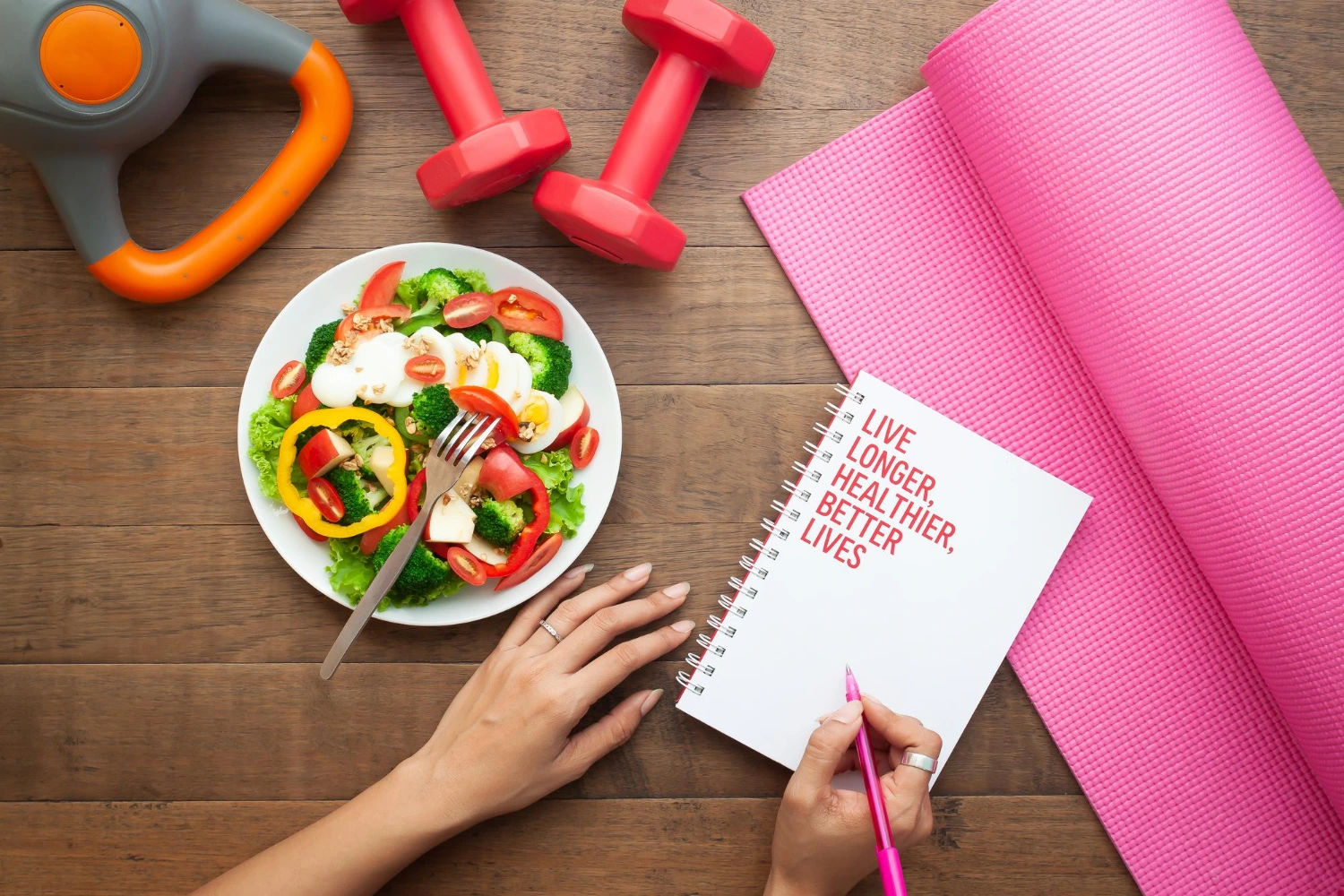There’s something about spring that feels different. The days get longer, the sun shines brighter, and nature starts to wake up again. And honestly? That same kind of renewal is exactly what addiction recovery is about — growing, healing, and starting fresh. If you’re in recovery from addiction or substance use, building healthy routines isn’t just helpful — it can be a total game-changer. Think of it like this — just as plants need sunlight and water to grow, we need structure, support, and self-care to thrive in sobriety.
So, if you’re ready to refresh your recovery journey this spring, here’s how simple daily habits — like moving your body, eating well, and finding moments of calm — can support your long-term healing.
6 Healthy Routines for Addiction Recovery
Morning Routines
Let’s be real — mornings can be tough, especially in early recovery. But starting your day with intention can shift your mindset.
Try waking up around the same time every day (yes, even on weekends). A quick stretch, a few deep breaths, maybe jotting down something you’re grateful for — all of it sets a positive tone. And don’t skip breakfast! Your brain and body need real fuel to function, especially as they recover from the effects of substance use.
Morning ideas to try:
- Make your bed (seriously — it’s a win to start the day)
- Drink a big glass of water
- Write down a goal or intention
- Get outside for five minutes of sunlight
Exercise for Mind and Mood
You don’t need to run marathons or lift heavy weights to benefit from recovery exercise. Moving your body, even just a little each day, can help reduce stress, curb cravings, and give you a natural mood boost. That’s because exercise triggers feel-good chemicals in the brain — the same one’s substances used to mess with.
The goal? Find something you enjoy. That way, it won’t feel like a chore.
Spring-friendly workout ideas:
- Go for a walk in nature or around your neighborhood
- Try a YouTube yoga or stretching video
- Join a local fitness class or sober sports group
- Dance around your kitchen (yes, this counts!)
Eat Like You Love Yourself
Let’s talk food. When you’re healing from addiction, your body is working overtime to repair itself. Proper nutrition gives it the tools to do that. Think of every meal as an opportunity to nourish, not punish, yourself.
Focus on real, whole foods: lean proteins, fresh fruits and veggies, healthy fats, and whole grains. And don’t underestimate the power of staying hydrated! Water helps with everything from digestion to brain function.
Some nutrition and healthy routine tips for recovery:
- Add color to your plate (the more natural colors, the better)
- Keep healthy snacks on hand — nuts, fruit, yogurt
- Avoid too much sugar or caffeine — they can spike anxiety and mess with sleep
- Consider chatting with a nutritionist or recovery-focused wellness coach
Mindfulness & Mental Wellness
Mindfulness doesn’t have to mean sitting cross-legged for an hour in total silence. (Unless that’s your thing — then go for it!) It just means being present, checking in with yourself, and learning how to ride out uncomfortable feelings without judgment.
This can look like meditation, yes — but it can also be journaling, deep breathing, or even just paying attention while washing the dishes. Mindfulness helps manage stress, reduce anxiety, and build emotional resilience — aka the exact tools you need to stay grounded in sobriety.
Mindfulness moments to explore:
- 5-minute guided meditations (there are tons of apps for this!)
- Breathwork before a meeting or social event
- Journaling one thing you’re proud of each night
- Taking a tech-free walk and just noticing what’s around you
Don’t Sleep on Sleep
Fun fact: your body heals while you sleep. So, if you’re skimping on rest, you’re also slowing down your recovery. And yes, getting good sleep in recovery can be tough, especially early on, but it’s worth working on since it’s a must in your healthy routine.
Start by building a wind-down routine at night, just like you do in the morning. Avoid screens before bed, dim the lights, and try to go to sleep around the same time each night.
Simple ways to improve sleep:
- Herbal tea or a warm shower before bed
- Reading instead of scrolling
- White noise machines or calming playlists
- Journaling your worries to “release” them before sleep
Stay Connected with the Community
Recovery doesn’t happen in a vacuum. You need people — whether that’s a sponsor, a therapist, a support group, or just a few close friends who truly get you.
Spring is a great time to re-engage or deepen your connection with your recovery community. Attend a meeting, check in with your support group, or even start your routine of weekly calls with a sober buddy. Being heard and seen by others who understand is one of the most healing things you can experience.
Ways to nurture connection:
- Attend local recovery groups or online meetings
- Join a sober hiking or wellness meetup
- Volunteer somewhere meaningful to you
- Reconnect with someone you’ve drifted from
It’s Okay to Start Small
Recovery is a process, not a race. If you’re feeling overwhelmed, just pick one thing from this list and build from there. The most important part is staying consistent on your healthy routines and showing up for yourself — one day, one choice at a time.
This spring, give yourself permission to bloom. You’ve come so far already, and this season is yours to grow even more.




